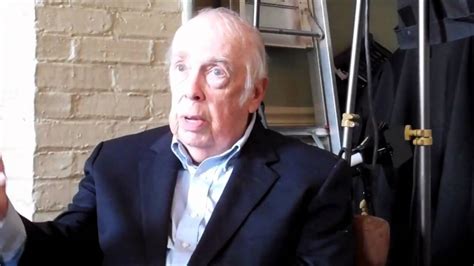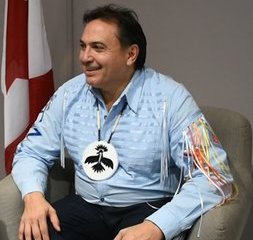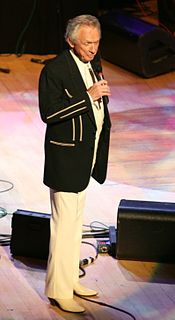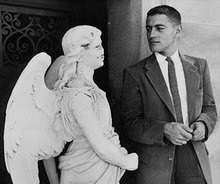A Quote by M. Stanton Evans
The latter 1940s and early '50s were a time of tense, explosive conflict, in the world at large and in the politics of our nation.
Related Quotes
Growing up, the major institutions were school and church. We were taught our culture was no good. We didn't have sundances. The last ones were in the 1940s and '50s. They're starting to come back now. Each reserve is starting to have a Big Lodge and a sundance ceremony. That's what's going to rebuild our people.
One of the real dilemmas we have in our country and around the world is that what works in politics is organization and conflict. That is, drawing the sharp distinctions. But in real life, what works is networks and cooperation. And we need victories in real life, so we've got to get back to networks and cooperation, not just conflict. But politics has always been about conflict, and in the coverage of politics, information dissemination tends to be organized around conflict as well.
As far as Russia goes, they've been our partner for a long time now, since the early '90's. So you know, what's that, that's more than 15 years. And there have been times where things were a little tense, a little testy, but by and large, the partnership has been very successful. To give you two examples of that, when the Columbia accident occurred, the Russians supported us with their spacecraft faring our astronauts, including me, to the space station and also supplies.
It is my hypothesis that the fundamental source of conflict in this new [post-Cold-War] world will not be primarily ideological or primarily economic. The great divisions among humankind and the dominating source of conflict will be cultural. Nation states will remain the most powerful actors in world affairs, but the principal conflicts of global politics will occur between nations and groups of different civilizations. The clash of civilizations will dominate global politics. The fault lines between civilizations will be the battle lines of the future.
In the early 1940s, as a young teenager, I was utterly appalled by the racist and jingoist hysteria of the anti-Japanese propaganda. The Germans were evil, but treated with some respect: They were, after all, blond Aryan types, just like our imaginary self-image. Japanese were mere vermin, to be crushed like ants.
Things can change if the military can do a paradigm shift and gets out of the shame and coverup cycle and be a leader in our culture. In the 50s, 60s and 70s there were huge race problems in the military even more severe than the culture at large. The military saw it was detrimental and it changed and became a model to society at large.
One day at Princeton, I noticed there were dead birds on the pavement between the campus buildings, where very large trees were. It turns out it was DDT. At the time, in the early '50s, no one thought DDT was dangerous to anybody but insects. I went down to the Daily Princetonian, the college paper, and tried to persuade them to do a story. They said, "Naw, there's nothing wrong." But that taught me a very important lesson. One, that newspaper people can get very jaded. Second, that you might know something, like an expert chemistry professor, you are not going to apply what you know.
I wish to put together an imaginary nation. It is my belief that no other nation is possible, or rather, I believe that authors who count take responsibility for a map which is addressed to travellers of the earth, the world, and the spirit. Each issue is composed as a map of this land and this glory, images of our cities and of our politics must join our poetry. I want a nation in which discourse is active and scholarship is understood as it should be, the mode of our understanding and the ground of our derivations.
-Robin Blaser (June 3, 1967)
The country is now universally recognised as a nation on the move and takes its place amongst the successful economies in the region. The future potential is enormous but the country's destiny is in our hands. The time has come to move from small increments to bold, large initiatives. The time has come to stretch the envelope and set goals which were earlier not seen to be possible. The time has come for performance to be measured and for allocated funds of the government to reach the people for whom they were intended.

































